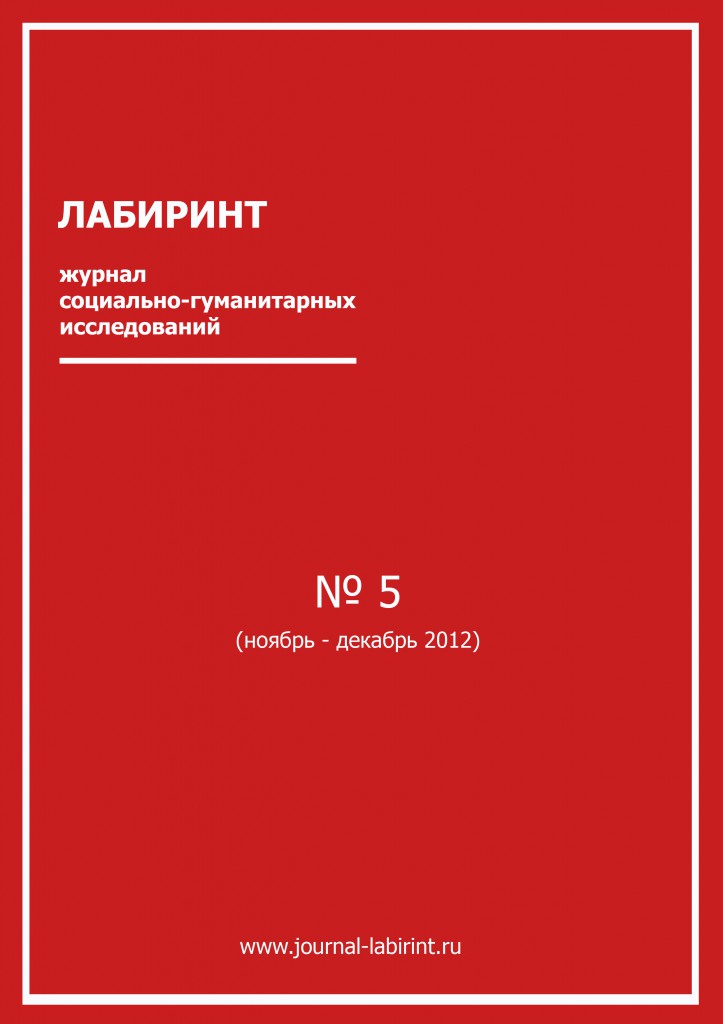
We kindly inform you that, as long as the subject affiliation of our 300.000+ articles is in progress, you might get unsufficient or no results on your third level or second level search. In this case, please broaden your search criteria.

Review of the Book: "Money has ... Magical power" Bigiev M. Zakat / Translated from Old Tatar by T.Kh. Khabibullina and I.A. Zaripova (Бигиев М. Закят / Пер. со старотат. Т.Х. Хабибуллина и И.А. Зарипова. – Наб. Челны: Ислам Нуры, 2013. – 228 с.)
More...
This article attempts to determine a likely source of Alexei Remizov’s fairy tale“Sultanskii finik” (1909). Sergei Dotsenko suggests that the list of possible sources of this erotic story includes Pushkin’s poem “Krasa vitse, kotoraia niukhala tabak,” and several of Gogol’s prose texts. He also argues that these allusions served the purpose of making erotic plots less scandalous for the readership of Remizov’s time.
More...
This review summarizes 18 articles published on the occasion of Vyacheslav Vsevolodovich Ivanov’s 85th birthday. The articles’ scope varies from cultural anthropology to structuralist poetics, and the legacy of the Russian literary and scholarly avant-garde.
More...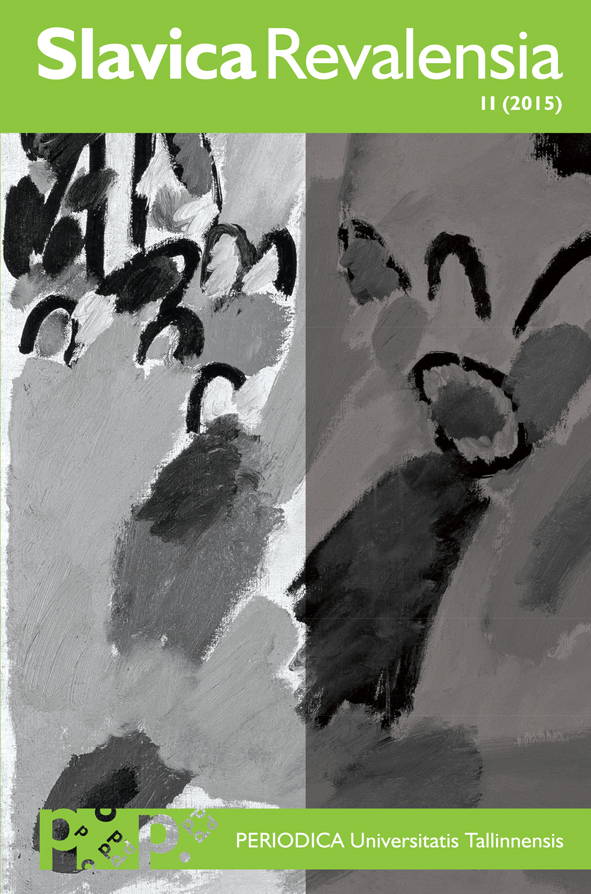
The bibliography of the materials of department of Russian literature of Eduard Vilde Tallinn Pedagogical University (1979-1992).
More...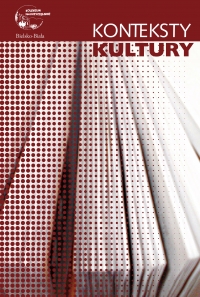
The author of the article presents Fiodor Dostoyevski’s nihilistic vision of nature and the man’s place in it, with special emphasis placed on the writer’s attempts at demonizing nature. The paper is not meant to be a voice in the discussion concerning the notion of nihilism as such, neither does it discuss all aspects of nihilism in Dostoyevski’s writing. In their attempts at demonizing nature, the nihilist can go two ways. In the first case, the starting point is a mechanistic vision of nature and the acceptance of the absurdity of the situation of a conscious being in a world conceived this way; this causes a reaction of outrage and protest in the nihilist. This protest, in turn, generates a “funny” thought about the demonic character of nature. In the other case, the demonic character of nature is revealed to the nihilist in the act of direct observation; it awakens the feeling of aversion and an attitude of rejection. Such an image of nature is then subjected by the nihilist to rational processing, as a result of which it gains the value of validity and the allure of commonness and openness to the world. It shouldn’t be forgotten, however, that this image is not a product of the so-called natural cognitive powers of the nihilist but of the irrational layer of his personality. The author of the paper points at such attitudes in Dostoyevski’s characters and discusses consequences of adopting them.
More...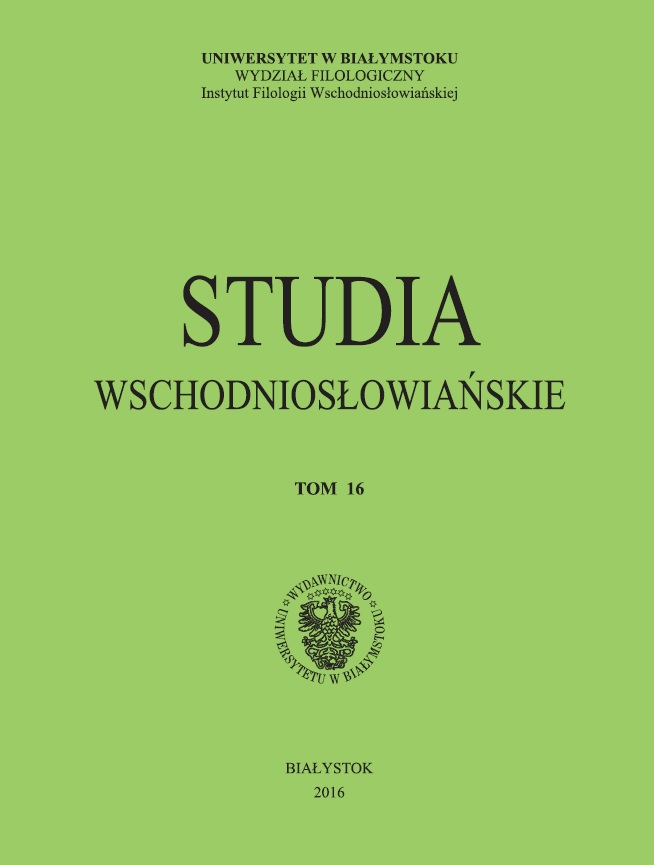
The article deals with the issue of religious interpretation of A. Solzhenitsyn’s works of art. The reason for this kind of research consists in the writer’s interviews and essays where he presented his attitude toward religion. The author of the paper focuses on the issue of holiness in its feminine version. The examples of saint women could be observed even in the first Solzhenitsyn’s writings, but because of political and ideological situation in the writer’s native country critics used to consider such themes in the context of national folk ethic. The analyses show that folk sense of righteousness is an inseparable element of Solzhenitsyn’s ethical conception, but it is always combined with Russian Orthodox religious tradition.
More...
In this paper we decided to look closer and to analyze Nabokov’s attitude towards Fyodor Dostoyevsky writings, expressed in Lectures on Russian literature. Critical, full of negation and disagreement approach, of immigrant writer, towards classic is visible in many his works. Fragment of Lectures..., denoted to Dostoyevsky works, perfectly and accurately illustrate relations of Nabokov to famous classic writer. It is full of contradictions, illogical expressions and judgments. Nabokov treats works of classic writer very emotionally, which is brightly expressed in his Lectures on Russian literature. Easily detected by a reader, but denied and hated by Russian-American writer connection, surfaces through analysis of each separate work of him, and become a key to interpretation of his own works.
More...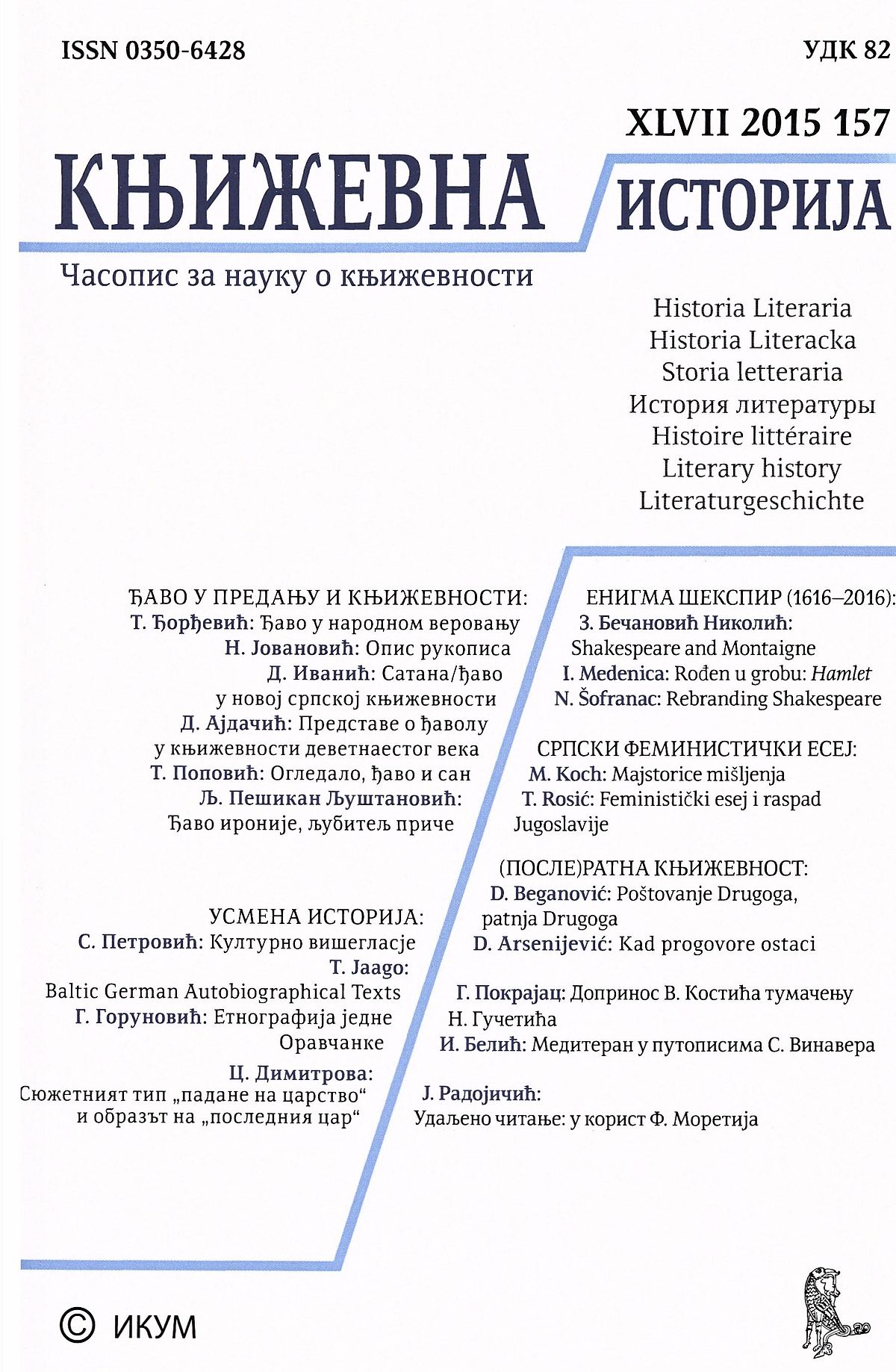
У раду се разматрају семантичка прожимања симболичких представа огледала, ђавола и снова. Општи увод отвара се историјским и тео- ријским прегледом тумачења датих симбола, пре свега у миту и бајкама, а за- тим се пажња посвећује анализи неколико књижевних дела у којима они имају кључну улогу, како у творби значења, тако и у творби уметничке структуре. Као грађа за ово истраживање послужила су дела А. С. Пушкина (Евгеније Оње- гин), Н. В. Гогоља (приче „Иван Шпоњка и његова теткица“, „Нос“), неке новеле А. П. Чехова и В. Ј. Брјусова, као и „Записи о даровима моје рођаке Марије“ Мом- чила Настасијевића. Осим тога, помињу се и многи други примери, посебно из књижевног стваралаштва романтизма, симболизма и модернизма. Виђење се- бе у огледалу, како запажа Бахтин, подразумева сагледавање себе кроз туђу душу. Управо та „туђа душа из огледала“, која се у архетипским представама често изједначава са ђаволом, па нас отуда плаши, покаткад изазивајући љубав и чежњу, а покаткад рађајући мржњу – основни је предмет овог истраживања
More...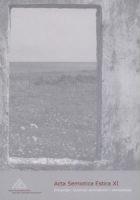
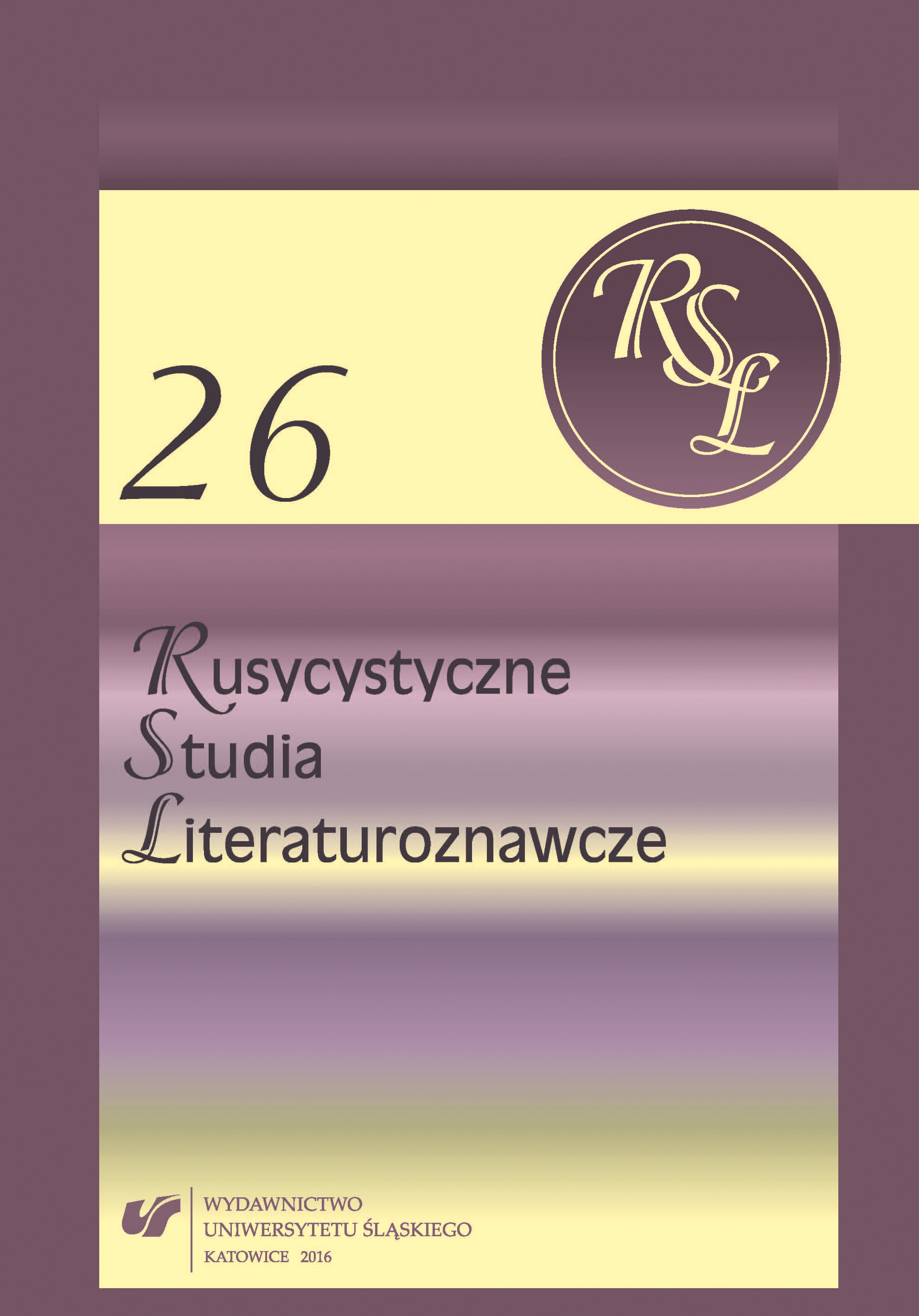
The author attempts to specify the facts related to the publications and the reactionof criticism to the first dramatic writings by Czekhov. The young author had to break the old canons of dramatical art, which led to a strong reaction of the supporters of the traditional understanding of drama. This is exemplified by the history of the “Ivanov” performance.
More...
This paper covers the reflections of Mother Maria on Vladimir Solovyov’s keyphilosophical concepts — including Allunity and Panunity, Sophia, Divine Humanity, goodand evil, theocracy, and the Russian Idea — included in Światopogląd Władimira Sołowiowa[Vladimir Solovyov’s Weltanschauung]. It also hints her judgement on the role and legacy ofthe author of A Story of Anti-Christ within the history of philosophy. Skobstova’s convictionof persisting impact of Solovyov’s philosophy is rooted in his task to prevail over the destructive tendency present in European philosophy, which has resulted in the crisis of understanding of the world. Skobtsova analyses and comments upon Solovyov’s thought not as a distanced scholar of Russian culture, but rather as an apprentice following her master, who does not restrain from engaging in polemics with him. Her turn to verification and re-interpretation is especially visible in those comments which are concerned with the particular aspects of Solovyov’s concept of the Russian Idea. The starting point for Skobtsova’s analysis is provided by the events of the October Revolution. As the paper claims, the confrontation of Solovyov’s thought with the post-1917 reality has not reached success. Solovyov is convinced that that the mission of the Russian czar is to unify humanity, while the Church of the future will reach its centre in the person of a pope in Rome, rather than in the Russian Orthodox Church, which should deprive itself of the claim for supremacy and singularity; against him, Mother Maria reminds us that the czar abdicated in 1917, while the Orthodox Church — after reinstating the Patriarchy — began to restore. The Russian Idea, as Skobtsova argues, has not found a confirmation in the Russian nation and happened to fail. With regard to those facts, she reaches a premise confirming her view that the way of future development of humanity — which aims at realizing God’s will — can be only indicated by the Orthodox Russia with its religion of Divine Humanity.
More...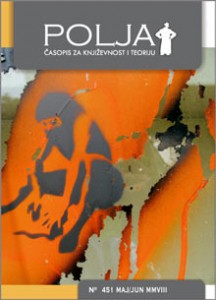
29. decembra 1926. godine, umro je Rajner Marija Rilke. Voljeni, znam da me Ti sad – Rajnere, evo plačem – da me sad možeš čitati i bez pošte, da me upravo čitaš, piše mu u Belviju (Bellevue), 31. decembra uveče, Marina Cvetajeva u posmrtnom pismu. Prvobitan naslov pesme „Novogodišnje“, završene 7. februara 1927. godine, bio je direktniji – „Pismo“. Konačan naziv, rečitiji u svojoj nedorečenosti, daleko je efektniji. Skraćenje podrazumevane sintagme dalo je naslovu simboličnost odnosa Cvetajeve i Rilkea – zadate fizičke nespojivosti i pokušaja da se ona trajno poništi sazvučjem u tekstu.
More...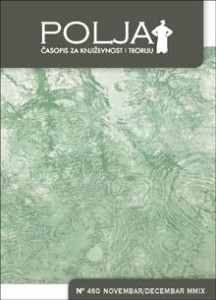
Gledano spolja, hladnim okom istorije, izgnanici su ljudi koji su napustili svoju zemlju. Gledano iznutra, okom umetnosti, to su isti ti ljudi koji su nastavili da je traže da bi pronašli sebe, kao i svi drugi koji možda stoje u mestu, a ipak su izgnanici iz različitih mesta i vremena u koja se ne mogu vratiti iako tamo pripadaju. Samom Nabokovu je nedostajao svet koji je postojao u njegovom detinjstvu i ranoj mladosti, svet koji je zbog surovih istorijskih prilika porodica Nabokov morala da napusti, ali i svet koji je trebalo da postoji, ali (nam) se nije dogodio. Zbog toga se Nabokovljeva spoljašnja emigracija može posmatrati kao slučajna i „prinudna metafora“2 za nepripadanje ovom i ovakvom svetu, nepripadanje na čijem je tragu gradio svoj opus i u njemu čitave nove svetove. Naime, iako pravog povratka nije moglo biti, Nabokov će se ipak stalno vraćati slikama iz svog detinjstva, i njima će dodavati nove koje su dostojne sećanja i proživljavanja.
More...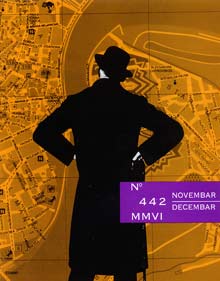
1224. godine Tataromongoli se prvi put približavaju ruskoj zemlji – napadaju Polovce na njihovim teritorijama kod Azovskog mora. Poraženi Polovci obraćaju se Rusima: „Ako nam ne pomognete – danas smo mi bili posečeni, a vi ćete biti sutra!” Više ruskih kneževa udruženi sa Polovcima napadaju Tatare na reci Kalki (danas Kalčik). Tatari isprva beže, ali se brzo pokazuje njihova brojčana nadmoć i ratničko iskustvo, te Rusi i Polovci pretrpe težak poraz. Trinaest godina kasnije Tatari pod vođstvom kana Batija dolaze na reku Voronjež, a zatim napadaju Rezanj tj. Rjazanj, grad svega dve stotine kilometara jugoistočno od tada manjeg mesta Moskve. Rusiči ne mogu prihvatiti njihove zahteve koji nisu ni bili ispostavljeni da bi bili prihvaćeni – Batij je već namerio stići „do poslednjeg mora”, tj. pošao je u osvajanje sveta. Tako Rezanj postaje prvi ruski grad uništen od Mongola.
More...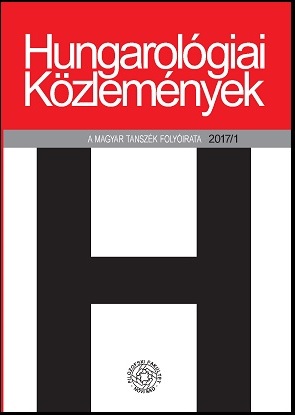
The study analyses two contemporary novels from the Russian cultural sphere Second-hand Time by Svetlana Alexievich and The Women of Lazarus by Marina Stepnova. The study focuses on how present day narrative relates to the events of the present and the recent past. Its greatest concern is to see what the analysed works reveal: has the twentieth-century social utopia which had transformed the whole of Eastern Europe disappeared without a trace? It also seeks an answer to the question whether it is referential writing or fiction that can better grasp the essence of the era.
More...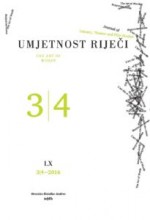
This paper discusses a new tendency in contemporary Russian fantastic fiction: the transformation of the personalities of Russian writers and poets into literary characters. The analysis shows similar patterns of fantastic transformation in Bulgakov, Akhmatova and Gumilev. These patterns include the use of the biographic and auto-biographic myths about them, the transformation of their writings into storages of compositional devices, plots, motifs and characters, which are freely manipulated and projected onto their authors’ lives. Becoming literary characters, they often continue to write fiction or poetry. The newly created texts may enter into discussions with the texts-prototypes, confirming, contesting and/or recreating them.
More...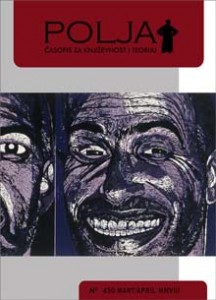
Može se uočiti paralela između razvoja Gogolja-pisca i načina na koji koristi humor. U Večerima... nailazimo na razuzdan, neposredni, seljačko-idilični humor čiji je glavni pokretač niko drugi do sam đavo: „Mraz je još jače stegao i gore u visinama je tako zahladnelo da je đavo skakutao s jednoga kopitašca na drugo i duvao u promrzle šake ne bi li ih bar malo ugrejao. Nije ni teško promrznuti onome, ko po čitav dan tumara po paklu, u kome, kao što je poznato, zimi nije tako hladno kao kod nas. On tamo natakne kalpak i stane pred ognjište kao pravi glavni kuvar, pa s istim uživanjem peče grešnike s kakvim obično žene na Božić peku kobasice.“1 Đavo kija od burmuta, ne voli pešačenje, ali voli da mu zvecka u džepu, da se kocka, i – ta „đavolska bagra ne drži postove“, uzvikuje deda iz Izgubljenog pisma otišavši do pakla.
More...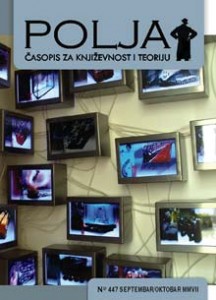
Na razmeđi književno-istorijskih epoha koje će se kasnije nazvati romantizmom i realizmom, u vreme načinjanja onog što će se kasnije zvati klasičnom ruskom književnošću pojavio se pisac koga su odmah prozvali genijem a koga će kasnije krstiti i rodonačelnikom ruske književnosti, ruskog realizma i ruskog romana, pisac na koga je malo njih uplivisalo a pod čijim su uticajem mnogi stvarali, Nikolaj Vasiljevič Gogolj.
More...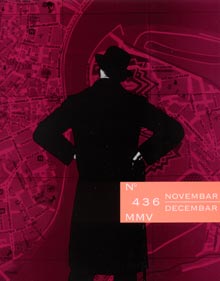
Poslednjih dana maja 1940. godine, dok je s palube broda zurio u Atlantski okean, Vladimir Vladimirovič Nabokov verovatno nije ni slutio da se tu negde pod njim pruža ona nevidljiva granica iza koje značajan pisac postaje veliki pisac.
More...